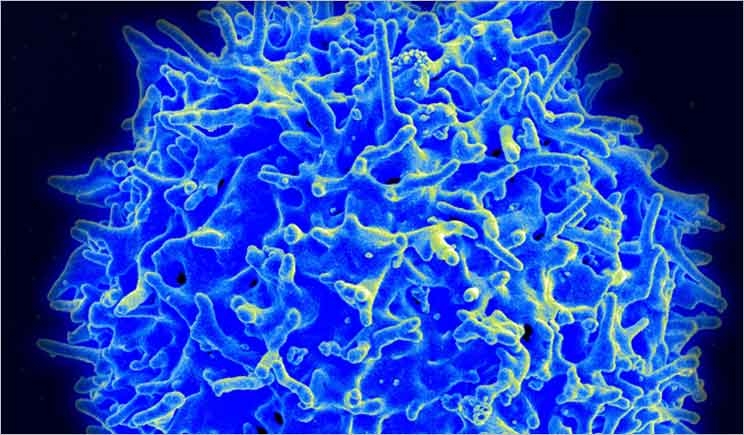
Periodontal disease results in a newly discovered problem when it is not treated properly.
Byproducts of bacteria in gum disease, known as metabolic small chain fatty acids, can work together to cause HIV in dormant T-cells to become active and cause the virus to replicate, according to a research team from Case Western Reserve University.
This research shows why people with HIV infections and periodontal disease have higher levels of the virus in their saliva when compared to HIV patients who have healthy gums. It’s possible that the byproducts from other bacteria infections could alter gene expression for the same reason.
The information appears in the journal Virology.
In the interaction between gum disease and HIV, five SCFA byproducts that come from two oral bacteria result in activating resting immune T-cells. Researchers explained this process as using jumper cables to restart a dead battery.
The researchers pinpointed butyric acid as something that reactivates the virus associated with Kaposi’s sarcoma, which happens to be the most common malignancy in HIV patients. But when all of the SCFA byproducts work together, the results can be similar compared to when butyric acid works alone.
HIV antiviral therapy thwarts active HIV cells from replicating and has no impact on the quiet viruses in sleeping T-cells. Therefore, if patients don’t have gum disease, the virus sleeps and doesn’t cause any problems.


